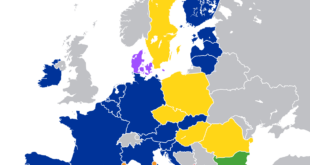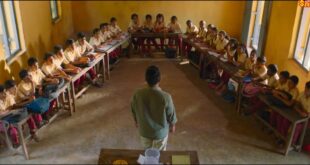- Facing less than a lukewarm response to project Unnati, which aims to reduce dependence on the Mahatma Gandhi National Rural Employment Guarantee Scheme (MGNREGS) by imparting skill training to its beneficiaries, the Union Rural Development Ministry wants to link performances of the States under the project with its labour budget for the next financial year.
- Since its inception in 2020, just a little over 25,000 persons have been trained under the project, falling far short of its target of two lakh. The project was slated to end in March 2022, but has been extended by two years.
- Speaking to The Hindu,Union Rural Development Minister Giriraj Singh said, “The State governments’ indifference towards Unnati project is emblematic of their apathy for the workers. But we can’t turn a blind eye to it, and therefore, the labour budget of the States will be influenced by their performance under the project.”
- Unnati was launched with the intention of upgrading the skill base of MGNREGS workers to help them transition from partial employment to full employment. The aim of the project is to train one adult member (18-45 age group) of a household that has completed 100 days of work under the MGNREGS.
- “If a household is working for 100 days under the MGNREGS, that shows that they are completely dependent on it for their livelihood and are the poorest of the lot. Thus, this criterion was used as the baseline,” a senior official said. The selected candidate is eligible for wages on a par with that given under the MGNREGS during the training.
- “At least 20% of the households that complete 100 days of work under the MGNREGS should be targeted by the States under the scheme [Unnati],” the Minister added.
- The performance so far has been far below this 20% target. In the financial year 2020-21, for example, 71 lakh households worked for 100 days in the country under the MGNREGS, but only 8,658 persons received training under the Unnati project. Similarly, in 2021-22, the number of eligible households stood at 59 lakh, but only 12,577 persons were trained.
- The onset of the COVID-19 pandemic that coincided with the launch of the project is also blamed for its tardy implementation. With cases on the wane, the Ministry is hoping that the project will pick up pace.
- “We have to realise that there is a huge shortage of skilled manpower in the country. While, we provide assistance to the unskilled workers, it is equally essential for sustainable growth that we upgrade their skills,” Mr. Singh said.
- Under the project, the selected candidates are skilled using three established training programmes — the DeenDayal Upadhyay Grameen Kaushal Yojana (DDU-GKY), the Rural Self Training Institute (RSETI) and the Krishi Vigyan Kendra.
- The Grameen Kaushal Yojana is a placement-linked programme, in which 70% of the trained candidates have to be compulsorily employed with a minimum salary of ₹6,000 a month.
SOURCE: THE HINDU, THE ECONOMIC TIMES, PIB
 Chinmaya IAS Academy – Current Affairs Chinmaya IAS Academy – Current Affairs
Chinmaya IAS Academy – Current Affairs Chinmaya IAS Academy – Current Affairs



